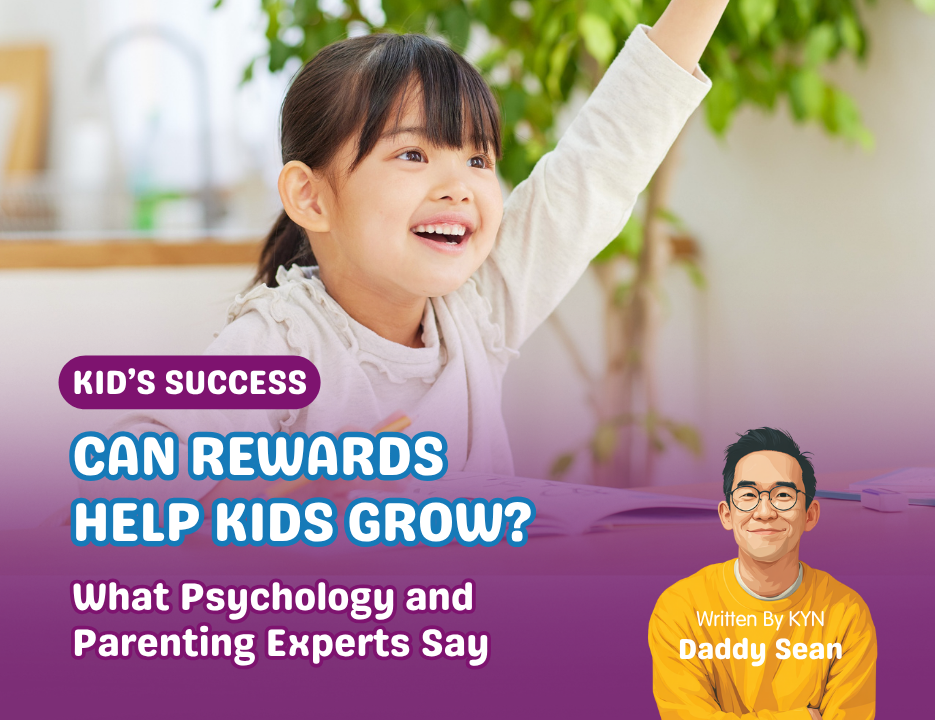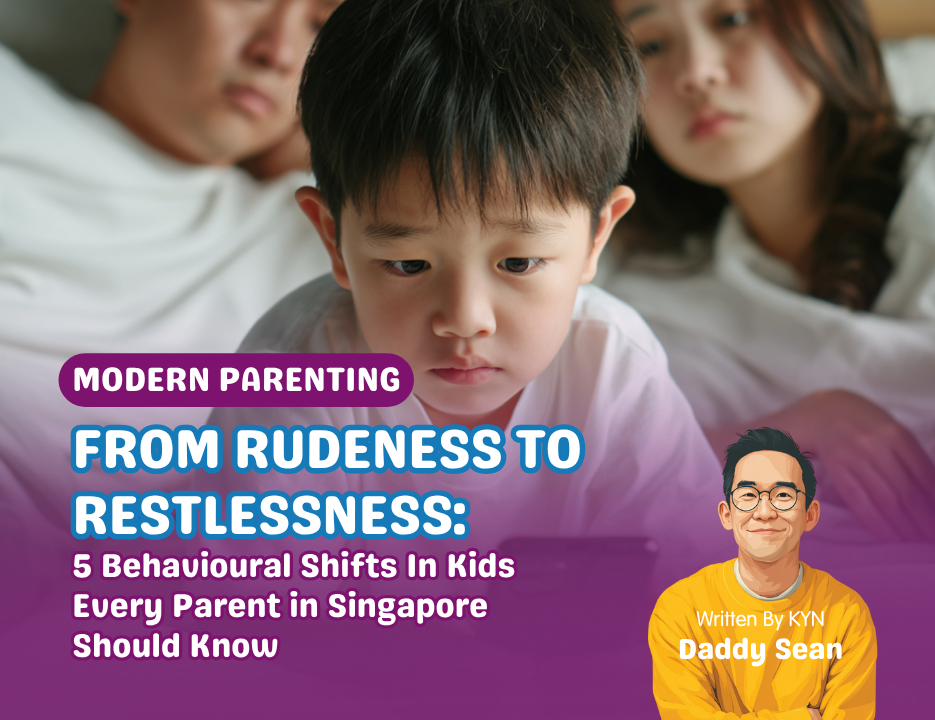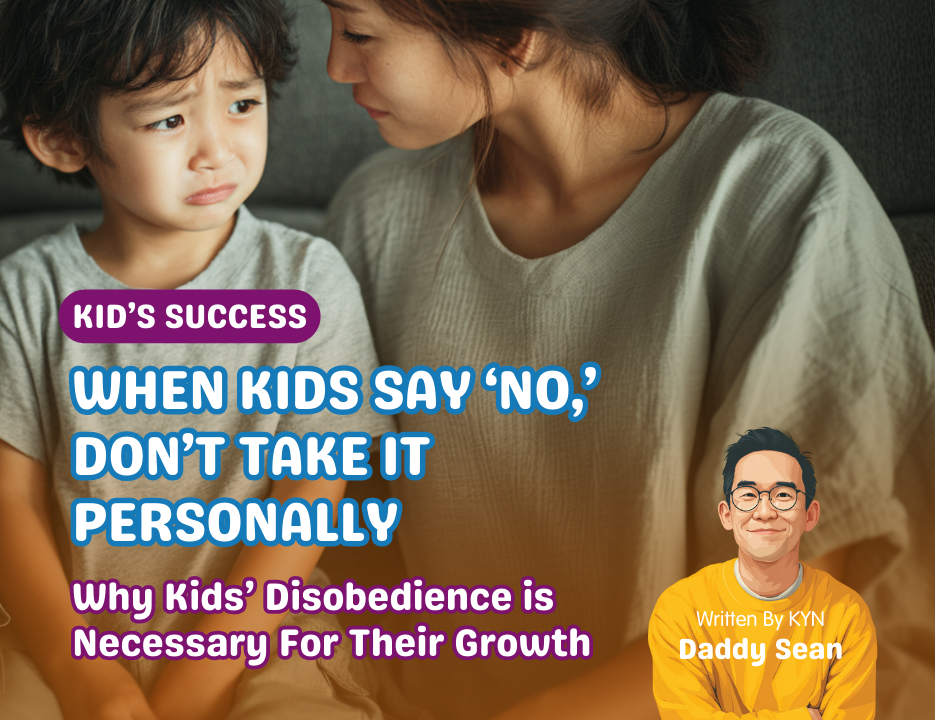When my son aced his recent weighted assessment, his very first reaction was not to celebrate the hard work he’d put in, it was to ask me for a phone.
As a dad, I froze for a moment. On one hand, I wanted to encourage him and show him that effort pays off. On the other hand, I didn’t want every good grade to turn into a bargaining chip for the latest gadget.
That’s when I started thinking seriously about rewards: do they actually help kids grow, or do they create more problems in the long run?
Why Rewards Are Every Parent’s Shortcut
Let’s be honest, rewards do work! When I tell my kids they can have extra screen time if they finish their chores, the laundry gets folded faster than I ever could. When I promise ice cream after a good exam result, we all walk to the shop with big smiles.
But the problem shows up later. The next time, my son asks,
“So what do I get if I do well again?”
Suddenly, I realise I’ve trained him to expect something every time.
What the Experts Say
I’m not the only parent who’s wrestled with this. Psychologists and educators have studied rewards for decades, and here’s what I learnt:
-
Praise the effort, not just the result. Stanford psychologist Carol Dweck, famous for her work on the “growth mindset,” found that when children are praised for being “smart,” they become afraid to fail. But when praised for effort and persistence, “I love how you kept trying even when it was tough” , they become more resilient.
-
Intrinsic motivation matters. According to Self-Determination Theory, kids are motivated by three things: autonomy (the freedom to choose), competence (feeling capable), and relatedness (feeling connected). Overusing rewards chips away at these natural drives.
-
The overjustification effect. Research shows that if you reward children too often for something they already enjoy (say, drawing), they can lose interest in the activity itself. The joy gets replaced by expectation.
-
“Why Rewards Don’t Teach” (Abbi Kruse). In her TEDx talk, Kruse argues that rewards often don’t teach the lesson we think they do. They might stop a behaviour in the short term but don’t build long-term understanding.
-
“Rethinking Motivation” (Eden Glassman). Glassman reminds parents that true motivation comes from within, rewards should be used as tools, not crutches.
Smarter Ways to Reward Kids
So what can we do instead of throwing the latest toy or treat at every achievement? Here’s what I’m trying at home and what experts back up:
-
Use symbolic rewards. A special privilege, like picking the family dinner or choosing the weekend activity, often means more than another toy.
-
Keep it a surprise. Instead of a predictable “if you do this, you get that,” sometimes I surprise my kids with a treat when they’ve shown extra effort. It makes them feel noticed rather than transactional.
-
Celebrate process, not just results. When my daughter practised piano diligently (even though the piece wasn’t perfect), I praised the effort and gave her a small celebration because perseverance is worth rewarding too.
-
Slowly step back. If you start with external rewards, taper them off over time. Shift the focus to self-pride: “How do you feel about what you achieved?”
Pitfalls to Watch Out For
Even with the best intentions, I’ve stumbled into a few traps and maybe you have too:
- Rewarding only outcomes like grades, instead of the effort or attitude.
- Offering rewards that are too big or unsustainable.
- Using rewards as bribes when I just want compliance (we’ve all been there).
Experts warn that these habits can set up kids to expect “payment” for everything.
Daddy Sean’s Takeaway
After digging into the research and reflecting on my own mistakes, I’ve realised that rewards can help kids grow, but only if they’re used thoughtfully.
It’s less about what we give, and more about the message behind it. Are we saying “I’m proud of your effort and growth” or just “You only matter when you achieve something big”?
At the end of the day, the best reward isn’t the phone, the toy, or even the ice cream. It’s raising kids who feel motivated, capable, and proud of themselves.
Hello! I am Daddy Sean

I am one of the editors of KidYouNot Parenting blogs! I have two adorable sons. I’m a nature lover who values wellbeing and mindful parenting. I’m all about creating balance, connection, and joy in family life.
Join KidYouNot SG Parenting Community
Sign up to become a member and gain access to exclusive parenting tips, special deals, and early updates on new products and events.
Follow us on Instagram and Telegram to connect with other parents, share your journey, and enjoy fun, supportive content every day!





